
The Berkman Klein Center’s Institute for Rebooting Social Media (RSM) is delighted to announce the inaugural cohort of RSM Assembly Fellows – thirteen interdisciplinary professionals who will build new interfaces, implement novel protocols, and create additional artifacts that reimagine digital social space in service of democracy and the public interest. During the 2022-23 academic year, they will pursue their respective projects while collaborating with the larger BKC community and other scholars who are trying to revamp the social media landscape.
“While few will defend the status quo, there’s little agreement on what would be better or whom to trust to intervene,” said Jonathan Zittrain, co-director of the Institute for Rebooting Social Media. “This program is designed to make concrete progress on some of the profound questions, with people who are directly involved in the building of, or experiencing the effects of, social media.”
Inspired by BKC’s successful Assembly Program, the RSM Assembly Fellowship brings together designers and creators from a variety of backgrounds. The inaugural RSM Fellows have experience with entrepreneurship, data science, community organizing, game design, art, law, media, and more, and their projects address an array of challenges from, and for, social media.
In addition to their project work, the Fellows will engage with RSM’s Visiting Scholars. As explained by James Mickens, co-director of the Institute for Rebooting Social Media, “the RSM Scholars are a collection of professors whose academic insights will hopefully complement the practitioner-focused work of the RSM Fellows. We’re excited to see what emerges from the interplay between the two groups!”
From October 2022 to April 2023, the Fellows will convene both remotely and in-person, with in-person meetings held at the Berkman Klein Center’s new home in the Reginald F. Lewis Law Center at Harvard Law School. The Fellowship is part of the Institute for Rebooting Social Media’s larger collection of programming, research, and educational offerings. The Institute plans to run the Fellows program annually throughout its three-year duration, with the goal of strengthening the interdisciplinary community that is tackling the most challenging problems of social media.
The Institute for Rebooting Social Media and its programs are supported by generous contributions from the John S. and James L. Knight Foundation, Reid Hoffman, Craig Newmark Philanthropies, and Archewell Foundation.
About the RSM Assembly Fellows

Javier Agüera is a social entrepreneur passionate about humane technology design. During the Fellowship, he plans to create the blueprint for a future start-up (or non-profit) aiming to transform the parental experience of gifting the first smartphone to a (pre)teenager. He will also perform research on the impact of skill-building to mitigate the effects of early exposure to social media. Among his previous companies, Geeksphone became the first European manufacturer to introduce Android in 2009, Blackphone pioneered privacy-first smartphones, and Neupic proposed a novel business model to protect journalists in conflict areas.
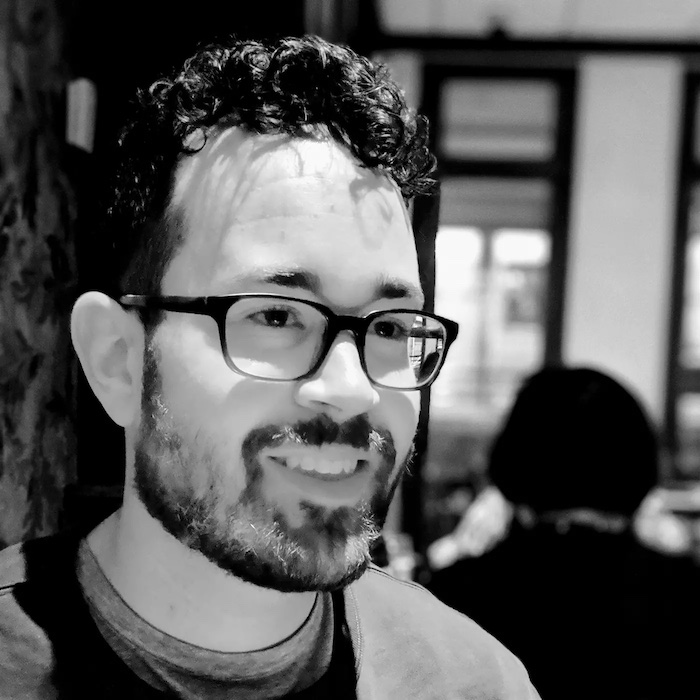
Joe Bak-Coleman is an Associate Research Scholar at the Craig Newmark Center for Journalism Ethics and Security at Columbia University. His research is focused on understanding how collective behavior is shaped by emerging communication technology. While at the Institute for Rebooting Social Media, he plans to develop frameworks for consolidating our response to emerging communication technology. Twitter: @jbakcoleman, Github: josephbb
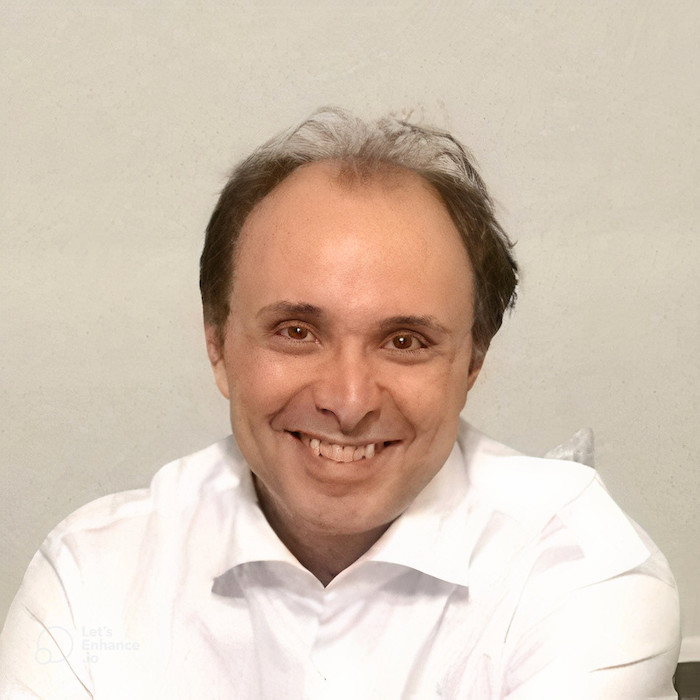
Samuel Brasil, an Associate Professor at the National School for the Judiciary and an Associate Justice at the Espirito Santo State Supreme Court, is joining BKC’s Institute for Rebooting Social Media to work on a framework for fairness in social media algorithms. His work will examine questions about the spread of bias and misinformation through echo chambers, confirmation bias, informational cascade, and how to use algorithmic fairness to better identify and prevent discrimination and online abuse. He will also explore digital governance principles for the risk assessment to avoid algorithmic bias and promote ethical AI in the social media ecosystem.
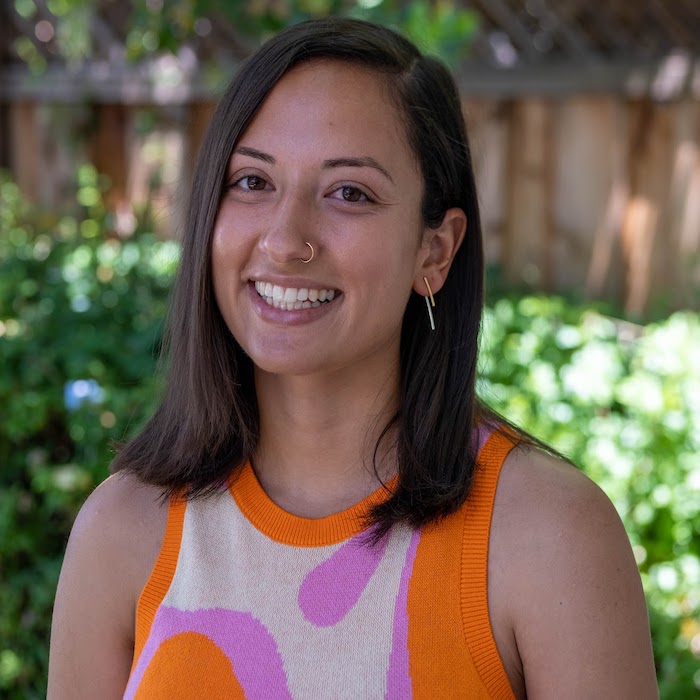
Marissa Gerchick is a data scientist and researcher focused on the intersection of machine learning and public policy. In the past, Marissa worked on technology policy problems at machine learning startups, interdisciplinary research labs, and the U.S. Senate, where she worked for the Senate Judiciary Committee’s Antitrust Subcommittee. Marissa holds a B.S. and an M.S., both from Stanford University. Twitter: @mkgerchick

Ben Grosser is an artist and an Associate Professor of New Media at the University of Illinois Urbana-Champaign. At the Institute he’ll focus on artistic counter-approaches to mainstream social media design, especially those that decouple online sociality from big social media’s drive for endless growth. In particular, Grosser will study, refine, and extend his platform Minus, a “finite social network” where users get only 100 posts—for life. He’ll use Minus to examine how its limiting affordances are productive of positive online interaction, and how its centering of the finite—as a rejection of big social media’s obsession with the infinite—can expand user agency. Twitter: @bengrosser , Github: bengrosser
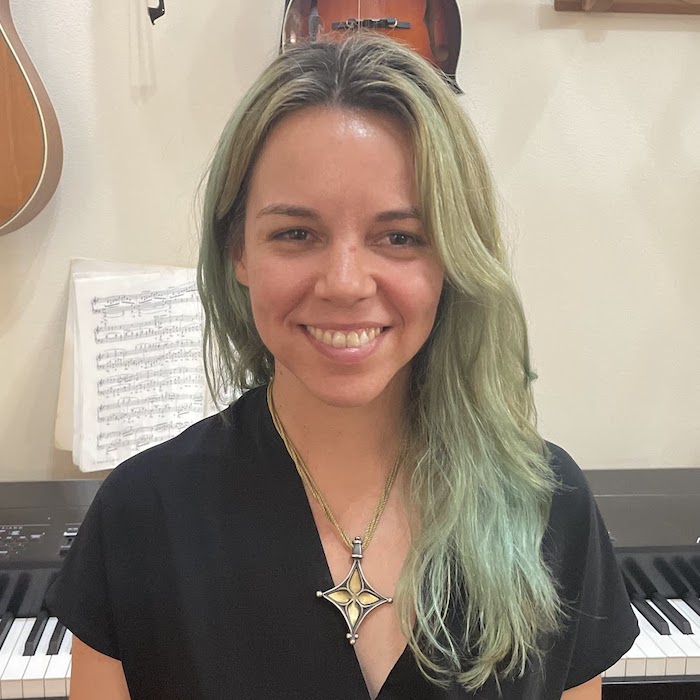
Kathryn Hymes is a computational linguist, technologist and game designer. She is a co-founder of Thorny Games, an award-winning design studio with a focus on language. Previously she was the head of international product expansion at Slack and an advisor at Airtable. She now works in humanitarian tech at Médecins Sans Frontières (Doctors Without Borders). At the Institute for Rebooting Social Media, she’ll study how play can contribute to a better, more humane digital life—in particular, how game design might be leveraged for healthier, more productive conversation online. Twitter: @katehymes
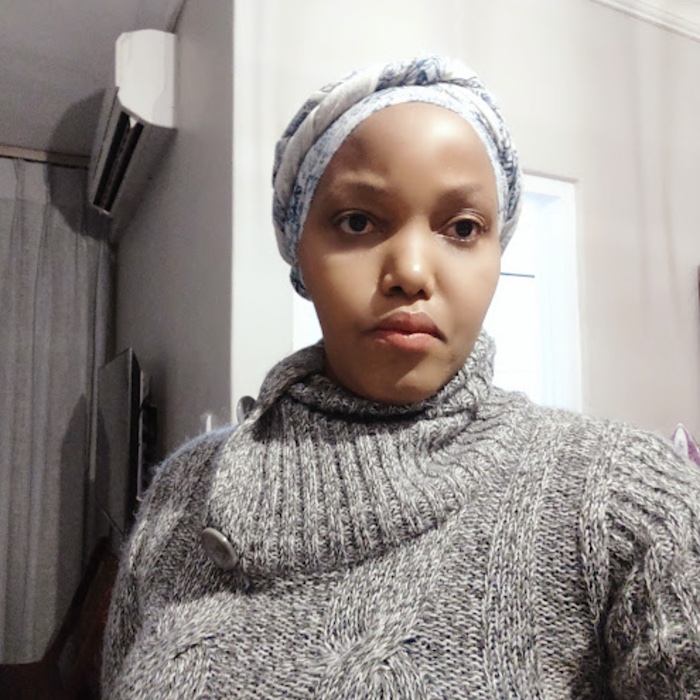
Jennifer Kaberi is a child development specialist and an international development work professional with a passion for children. Her vision is to transform Africa’s story through empowering children to speak for themselves, data-driven solutions, and technology that is Afrocentric. In 2017, Jennifer founded Mtoto News, an online platform to improve the lives of children through technology. Mtoto News uses the power of media and data to provide a platform for children to participate in developing solutions to the challenges that face them. Jennifer holds a B.A. from the University of Nairobi and an M.A. in Child Development from Daystar University. Twitter: @dalithso
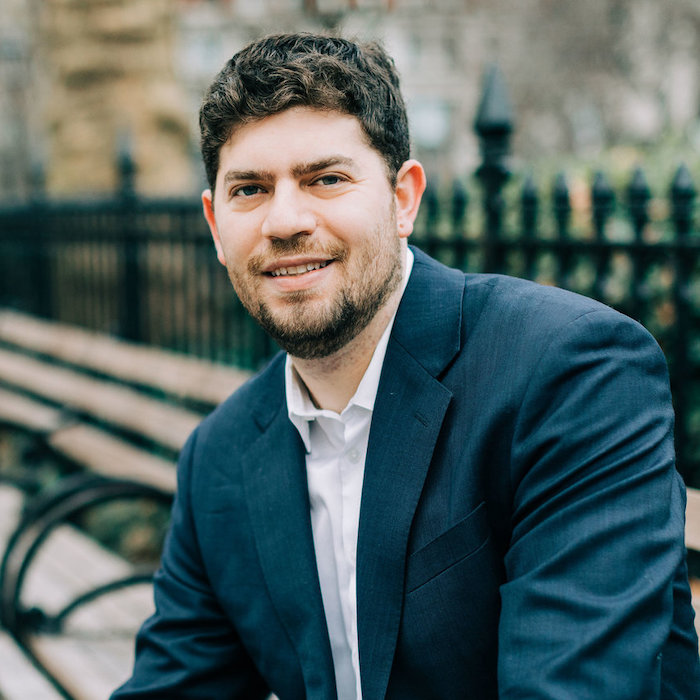
Nathaniel Lubin has founded and led several digital companies and initiatives focused on improving online public discourse, and is a Fellow at Cornell Tech’s DLI. He is the former director of the Office of Digital Strategy at the White House under President Barack Obama. During his time with the Institute, Nathaniel will be expanding on a product evaluation framework to assess structural harms on populations of interest. This framework will be designed to be deployable either within companies themselves or via regulation. Twitter: @natelubin

Erlyn Macarayan is Vice President of Data Science at a startup health social media company and has been a social media consultant for a global organization called Health Systems Global in the past years. Her work at the Institute will pilot a data exchange platform where patients or patient communities can choose who, how, and for how much their own health and social media data can be used for research and other commercial purposes.
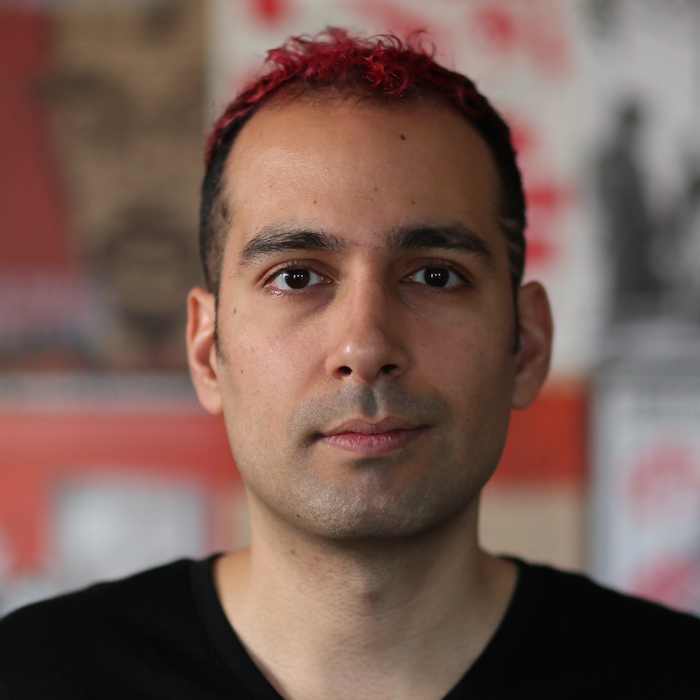
Sahar Massachi is the cofounder and executive director of Integrity Institute. Integrity Institute is a community of integrity professionals that formed a think tank to teach and research how to protect the social internet, and believe that the internet should help individuals, societies, and democracies thrive. He’s a Berkman Affiliate (and 20-21 Fellow), a Roddenberry Fellow, and a StartingBloc Fellow. His work at RSM will focus on building bridges between integrity workers and the world at large. Twitter: @sayhar
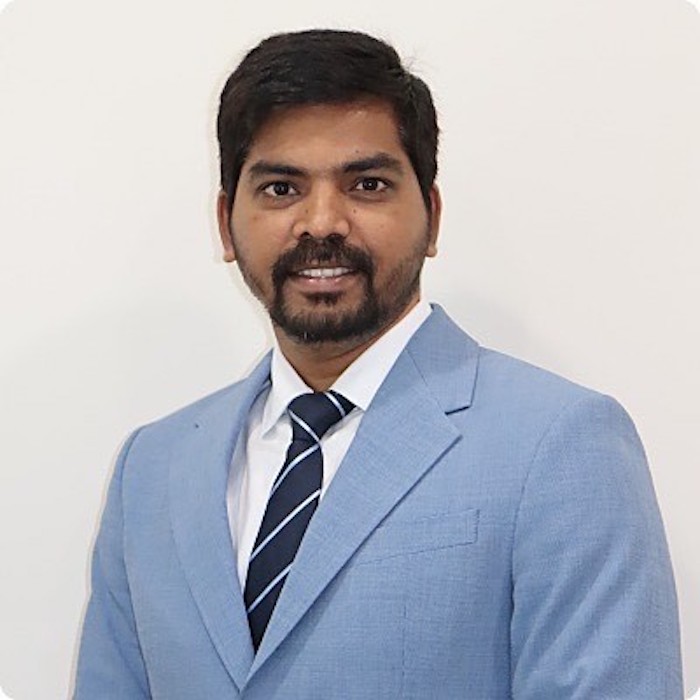
Siva Mathiyazhagan is a social media researcher, an associate director of SAFELab, University of Pennsylvania, and a Lecturer in the school of social work at Columbia University. His research focuses on the community-centered interpretation of social media posts to prevent bias and harm toward historically marginalized communities. During the RSM Assembly Fellowship, Siva will be co-developing a web tool for community-centered interpretation of social media posts to reduce the negative digital footprint of BIPOC communities. Twitter: @MDSShiva
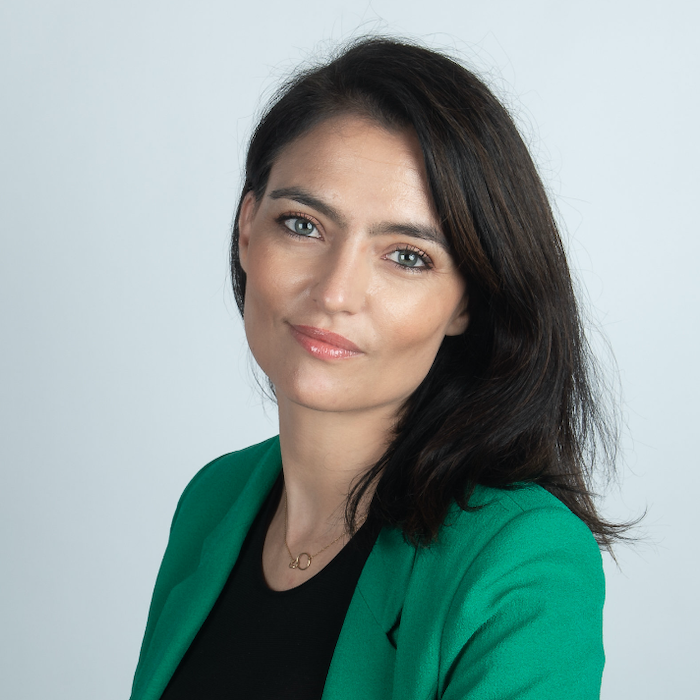
Elodie Vialle is a press freedom defender focusing on countering online abuse of journalists. During her time with the Institute, she will work on building an escalation channel for journalists in the midst of an online attack. Elodie is a Consultant on Digital Safety and Free Expression at PEN America. She was previously a Knight-Wallace Fellow at the University of Michigan and the Head of the Technology Desk at Reporters without Borders in Paris. As an international media consultant, she has supported newsrooms and journalists worldwide for the last 12 years. She began her career as a TV journalist. Twitter: @elodievialle
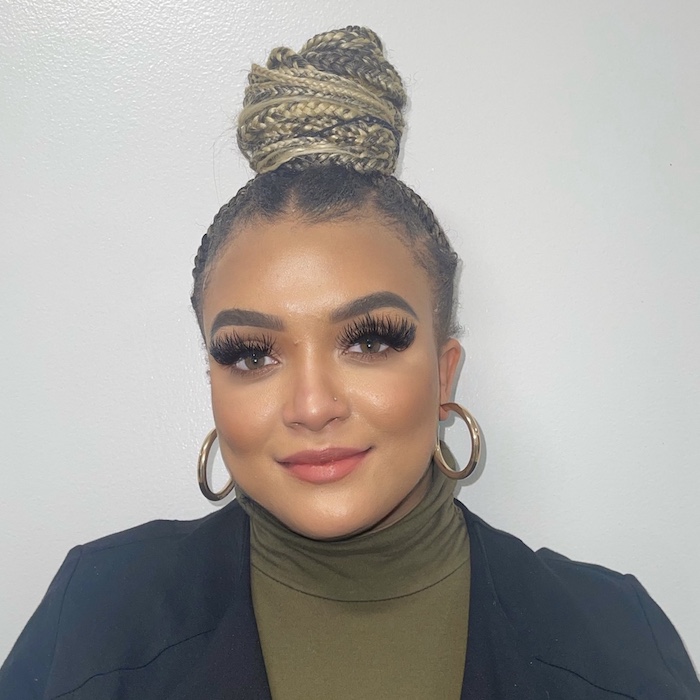
Kesa White is a Program Research Associate at the Polarization and Extremism Research and Innovation Lab (PERIL) located at American University. She is an expert on radicalization, online platforms, and violent far-right extremism. Kesa’s work at the Institute for Rebooting Social Media will analyze coded language, hashtags, and memes violent far-right extremists will use in online spaces. Twitter: @whitekesa